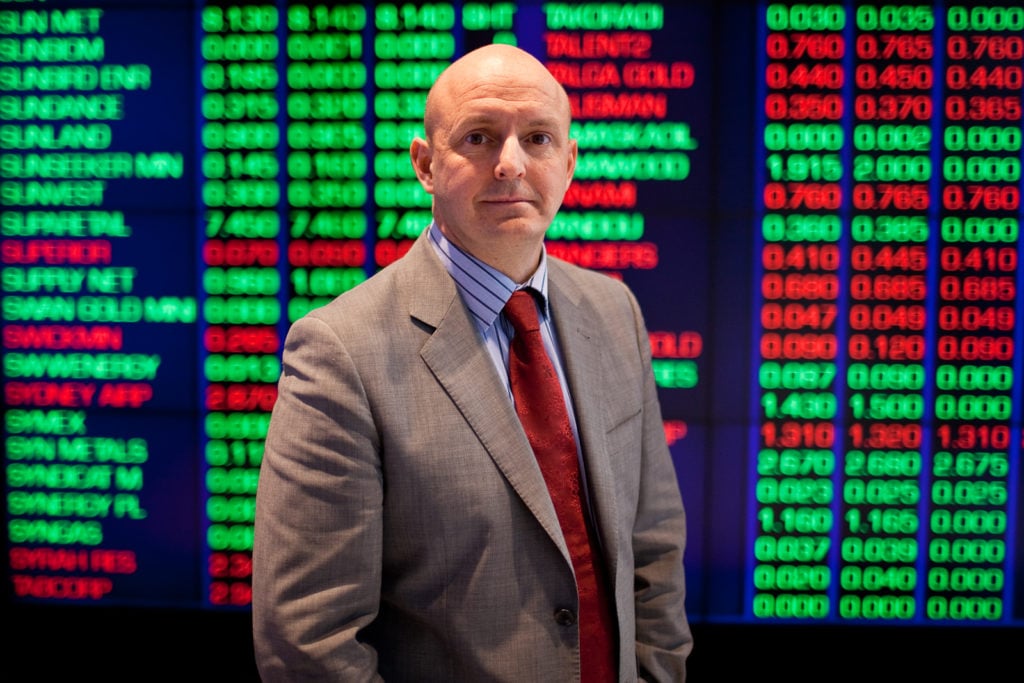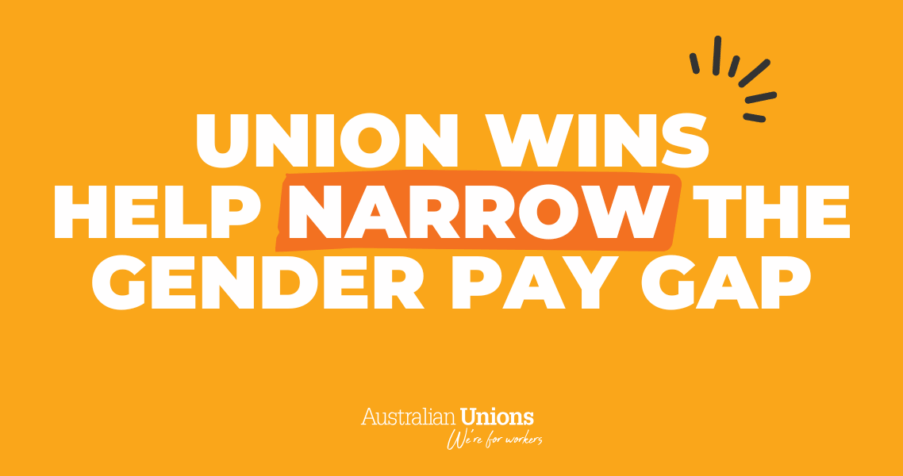Too many people with not enough work.
That is the stark reality for millions of Australian workers according to the latest research from the Reserve Bank of Australia (RBA).
The RBA’s Underemployment in the Australian Labour Market report published earlier this week paints a picture of a nation of workers who are hungry for more hours but aren’t getting them.
The numbers are stark.
According to the RBA, the share of part time work has all but doubled from 15 per cent of total employment in the 1970s to almost one third today.
The report outlines that workers are willing, ready and able to work more hours but the levels of underemployment “clearly represents an amount of potential labour supply that can be drawn on without an increase in measured employment.”
It’s a situation that leaves far too many Australian workers locked into a trapdoor economy, living from paycheck to paycheck, uncertain of how much they can earn week to week, whether they can pay their bills and send their kids to school or pay the rent. They are left just one bad week away from falling through the trapdoor into financial crisis.
Richard Denniss is the Chief Economist at independent think tank, The Australia Institute. He told On the Job that underemployment in Australia has been a neglected issue.
“We just genuinely look away from this because it gets a bit technical, the definitions are a bit hard, but it’s really important issue,” said Denniss.
“For a lot of people working part time is a lot better than working full time.

“But what’s happened in Australia in the last 20 years is that we’ve changed the employment laws and the culture of employers has changed radically. What that’s done is push an enormous amount of risk and uncertainty from the owners of a business onto the workers for a business.
“And now we have an enormous army of people who are part time and, more concerningly, casual, who don’t have the conditions, who don’t have the job security that most people expect comes with a permanent job.
“So, we need to not only worry about the hours of work for people that want to work part time, but we have to really worry about the conditions and the certainty that comes with those hours because whether you work 20 hours a week or 40 hours a week, you should hopefully get a job that suits you.
“People need sick pay, people need holiday pay, and they need predictability of their income if they’re ever going to get a mortgage or even a car loan.”
Australians are being denied a true sense of what the jobs crisis looks like whilst the political debate is focused on the raw unemployment figure according to Richard Denniss.
“To be officially defined as unemployed, you can’t be employed,” Denniss explained.
“If you work for more than one hour per week, if you work a four-hour shift once a week, then you are employed. And if you are employed, you can’t possibly be unemployed.
“So, the unemployed are people who work less than one hour a week, who are actively searching for work, and who are ready to start straightaway. There’s around three quarters of a million people in that category in Australia.
“We have this army of underemployed people who are people working more than an hour a week, who wish they had more work than they currently do.
“That person working four-hours on one shift, if they are looking for 20 hours or 40 hours of work, from an economic point of view, they’re almost as unemployed as an unemployed person. But they don’t show up in the definition of unemployment and the unemployment statistics.”
Richard Denniss is adamant that the chronic levels of underemployment in the Australian labour market are a design feature that suits employers and big business who are seeing a greater share of wealth than ever before.
“Let’s be clear, the share of GDP going to profit is higher than it’s ever been. This is the most profitable time in Australian history for the business sector.
“There’s enormous costs to the community and individuals in this, and in the long run there will probably be a significant drain on productivity because employers are taking advantage of shortcuts and legal loopholes, rather than investing in staff and building a sense of commitment and purpose in their organisation.”
The bottom line, according to The Chief Economist at the Australia Institute, is that Australian workers require certainty and entitlements in whatever job they are doing.
“Whether someone works 20 hours a week, or whether they work 40 hours a week, shouldn’t be the key thing,” said Denniss.
“What should be the key thing is people get as much work as they’d like and that the terms and conditions of that work is suitable. Do they have sick pay? Do they have holiday pay? Do they have some security of income?
“If not, we’re just pushing the risk of capitalism onto the workers, rather than the way the system is supposed to be designed – that those who make the profits also take the risks.”






SHARE:
Australia’s forgotten people – the underemployed